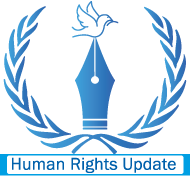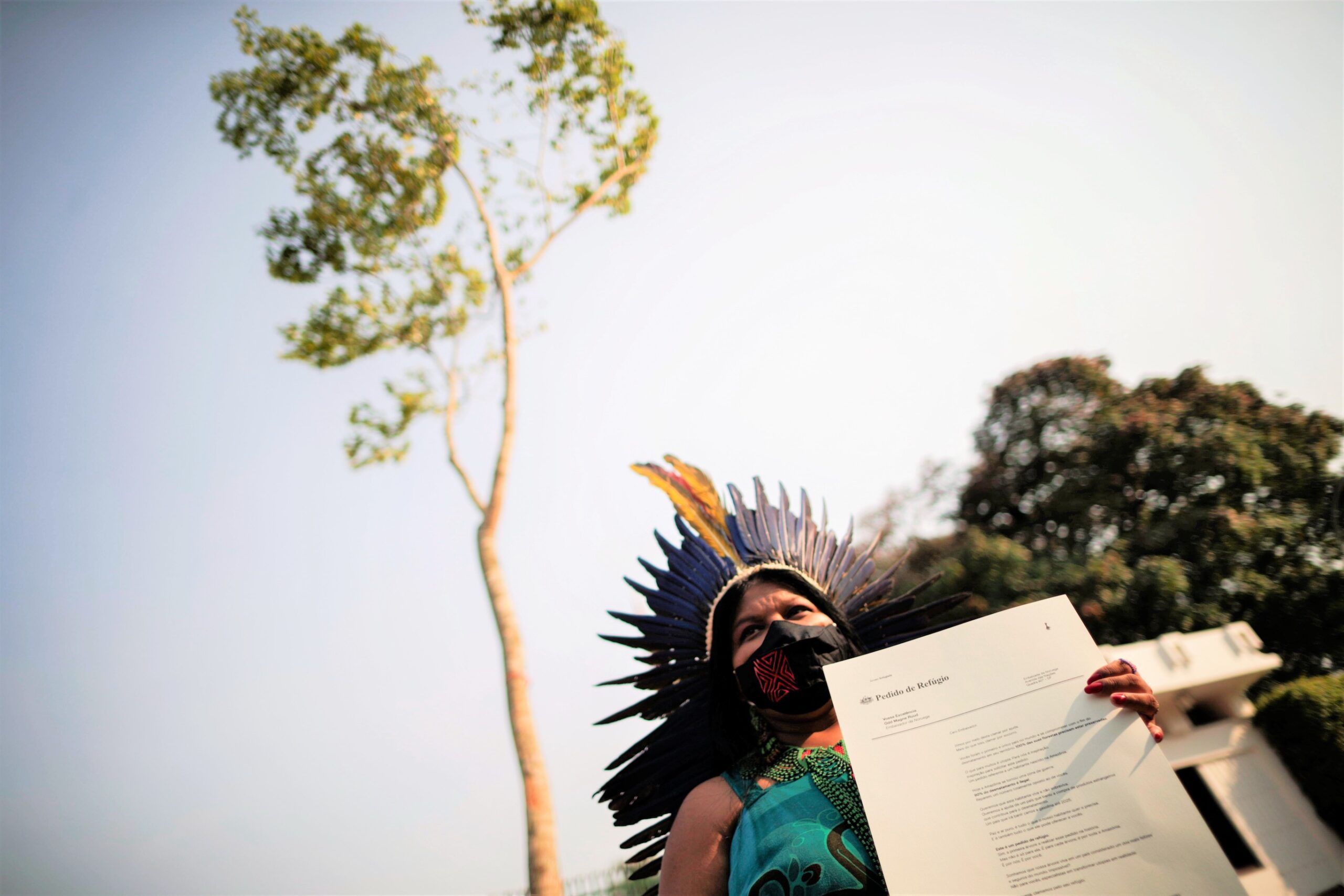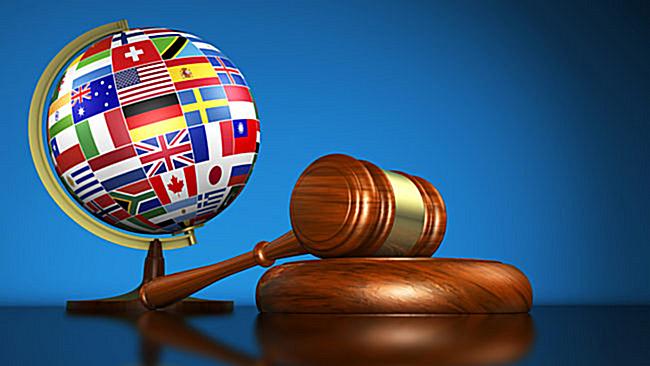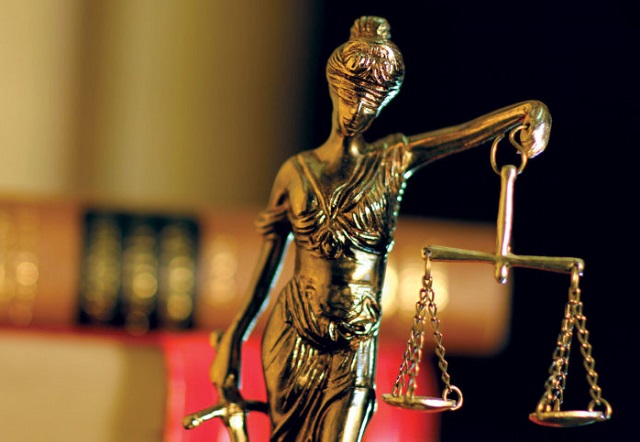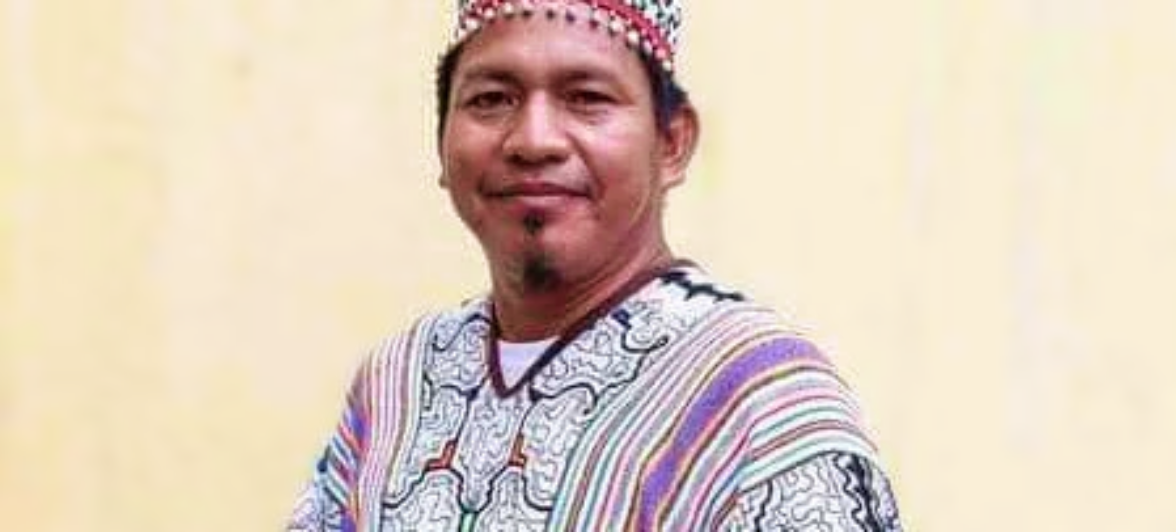US President Joe Biden has disclosed that he engaged in discussions with Indian Prime Minister Narendra Modi regarding issues of human rights and the significance of a free press during his recent visit to Delhi for the G20 summit. President Biden, who left India before the summit’s conclusion to travel to Vietnam, made these comments during a press conference in Hanoi.
The G20 summit concluded with a joint declaration that addressed the contentious matter of the Ukraine conflict and was unanimously adopted. Several world leaders praised Prime Minister Modi, who presided over the summit as G20 president, for successfully negotiating a consensus on the agreement.
President Biden described his discussions with Prime Minister Modi as “substantial” and emphasized the importance of continuing to strengthen the India-US relationship. He stated, “And, as I always do, I raised the important [subject] of respecting human rights and the vital role that civil society and a free press have in building a strong and prosperous country with Mr. Modi.”
Critics have pointed out a rise in attacks on minorities, particularly Muslims, since the ascent to power of India’s Hindu nationalist Bharatiya Janata Party (BJP) in 2014 under Mr. Modi’s leadership. However, the Indian government has denied these allegations. In May, India’s ranking in the World Press Freedom index, released by Reporters Without Borders (RSF), dropped 11 places from the previous year to 161.
Activists and human rights campaigners have consistently urged Western leaders, including President Biden, to raise these issues with Prime Minister Modi. Nevertheless, experts suggest that the US will approach these concerns with caution, considering India’s strategic importance in efforts to counter China’s global influence.
In May, the United States extended a warm welcome to Prime Minister Modi during his state visit. Prior to the visit, White House National Security Advisor Jake Sullivan emphasized that while the US would express its concerns when it sees threats to freedoms, it would do so without seeking to lecture or imply that it is free from challenges itself.
In addition to discussions on human rights and free press, President Biden also commented on the India-Middle East-Europe economic corridor deal announced during the G20 summit. He described it as a “ground-breaking partnership” designed to connect Middle Eastern countries via rail and link them to India through ports, a move seen by analysts as a counter to China’s Belt and Road initiative.
During his visit to India, President Biden engaged in bilateral talks with Prime Minister Modi, followed by a dinner at the Prime Minister’s official residence. Notably, Prime Minister Modi has not held a solo press conference since taking office, and journalists were not invited to pose questions to the leaders following their talks or the dinner.
The official statement released by India after the meeting between the two leaders did not mention a discussion on human rights, but it did affirm cooperation on various issues.
